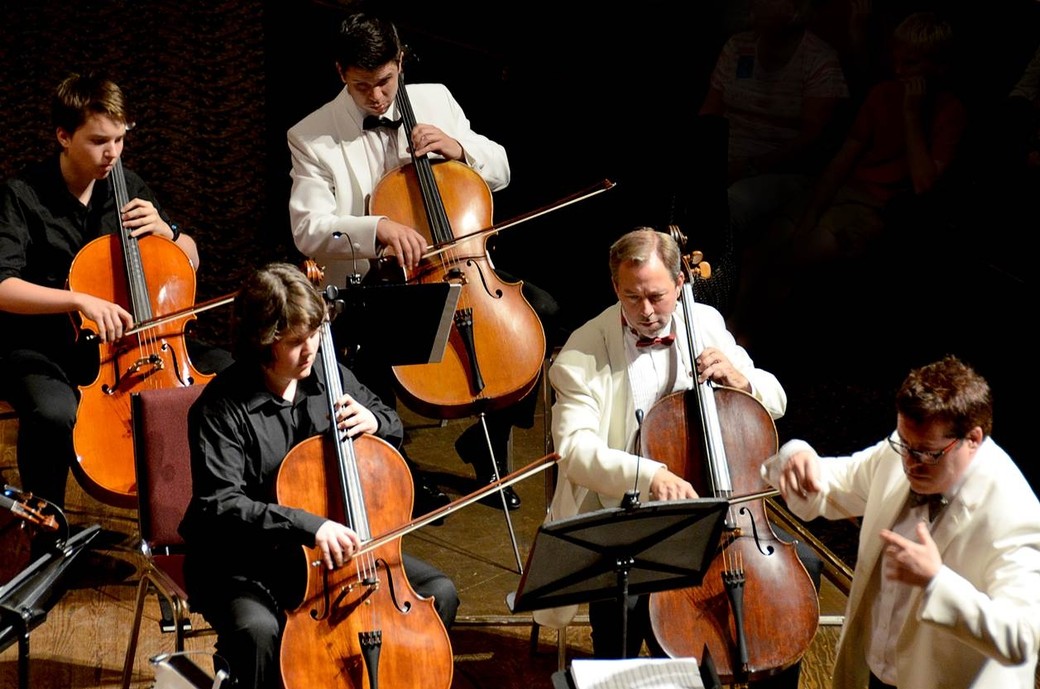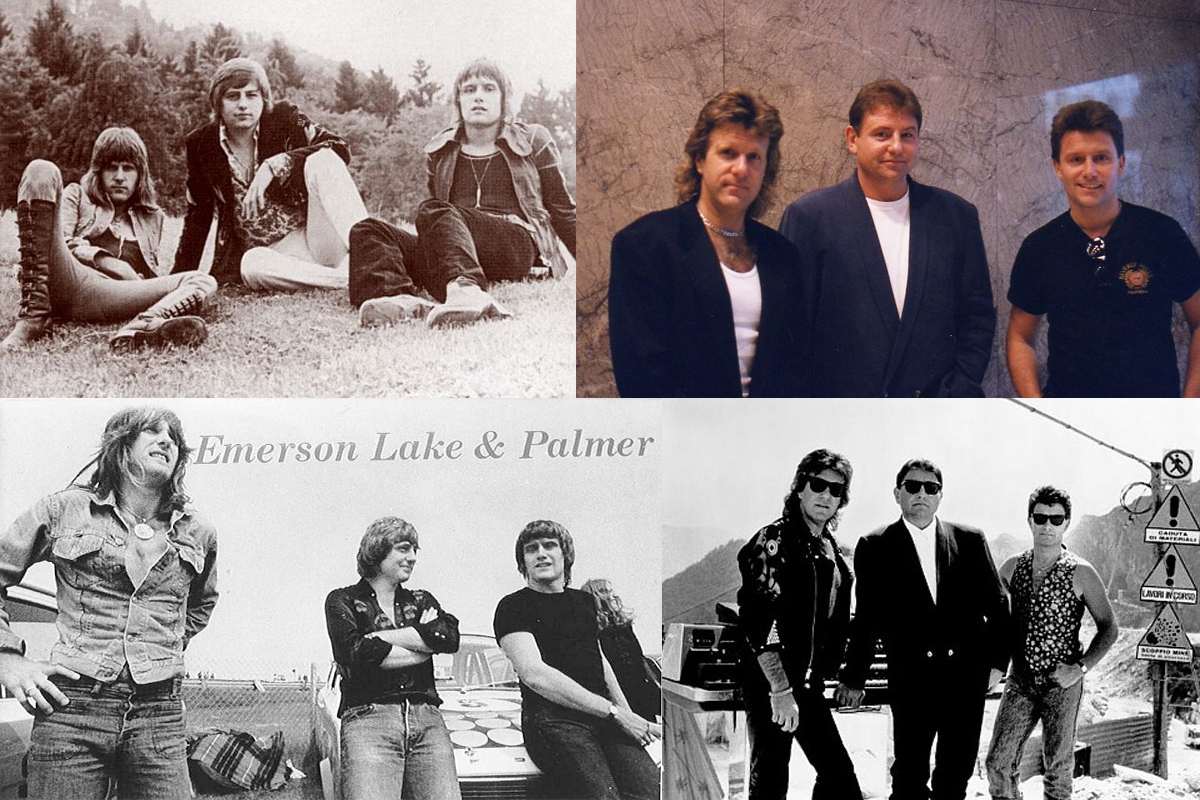
Julian Armour on The Viennese Winter Ball and How Young People Listen to Music
All photos by Paul Couvrette.
Julian Armour, Artistic and Executive Director of Music and Beyond as well as Artistic Director of the Chamber Players of Canada, is eagerly anticipating Ottawa’s Viennese Winter Ball. For this, its 19th year, the Ball is being put on by Music and Beyond, who will be assisted by a committee of volunteers. Guests attending the “glamorous and elegant event” will enjoy a live orchestra and a huge dance floor – four times the size of that of previous years.
“If you love to dance, that’s a really rare opportunity,” says Armour, who anticipates 300 people will be in attendance. This magical event is inspired by the historic Balls of Vienna and the city’s sense of “enjoyment of life that somehow got translated into its music.” Armour finds the music – Viennese operatic repertoire from the late 19th and early 20th century – gorgeous and says it “creates a magical setting.”
The Ball is supported by the Austrian Embassy, helmed by Ambassador Arno Riedel, whose team has been “like a blueprint for how an embassy and the diplomatic community can support an event and really make it thrive.”
A good part of what Music and Beyond – and the two other Ball beneficiaries, OrKidstra and Junior Thirteen Strings – do is exposing young people to music.
“Music and Beyond was created as a reaction to the fact that people are not getting exposed to music,” explains Armour, who himself has four boys who receive limited exposure to music at school. “Every year it seems that for our society the classical music repertoire is seeming more and more like a foreign language.” Though Armour believes all genres are important, he calls classical music the foundation of music and insists it should be part of the life of every child. That is also the purpose of Junior Thirteen Strings, which “forms a mirror orchestra of very gifted young people who play the same string repertoire and are mentored by the orchestra.” OrKidstra is also all about bringing music to kids by providing underprivileged children with musical instruments, lessons and choral training. “One of the real tragedies is that we live in a world where music is for the privileged,” laments Armour, who says music was more democratic when he was a child.
I ask Armour his take on how Millennials interact with music. He explains that Canadian culture has lessened the use of classical music on TV and the radio so that youths are less familiar with it. Another problem is that children have shorter attention spans so it is harder for them to sit and focus exclusively on listening to classical music. This is how music needs to be enjoyed, according to Armour, with undivided attention. Fortunately, Armour thinks attention spans are lengthening again. His advice to parents looking to expose their children to classical music is to have them listen for 10 minutes at a time on a regular basis. If you find your child is distracted or fidgety, simply switch the music off and try again another day.
Or if your baby likes black tie, consider purchasing a ticket to the Viennese Winter Ball which takes place February 20, 2016.
Article by Reba Wilson.










